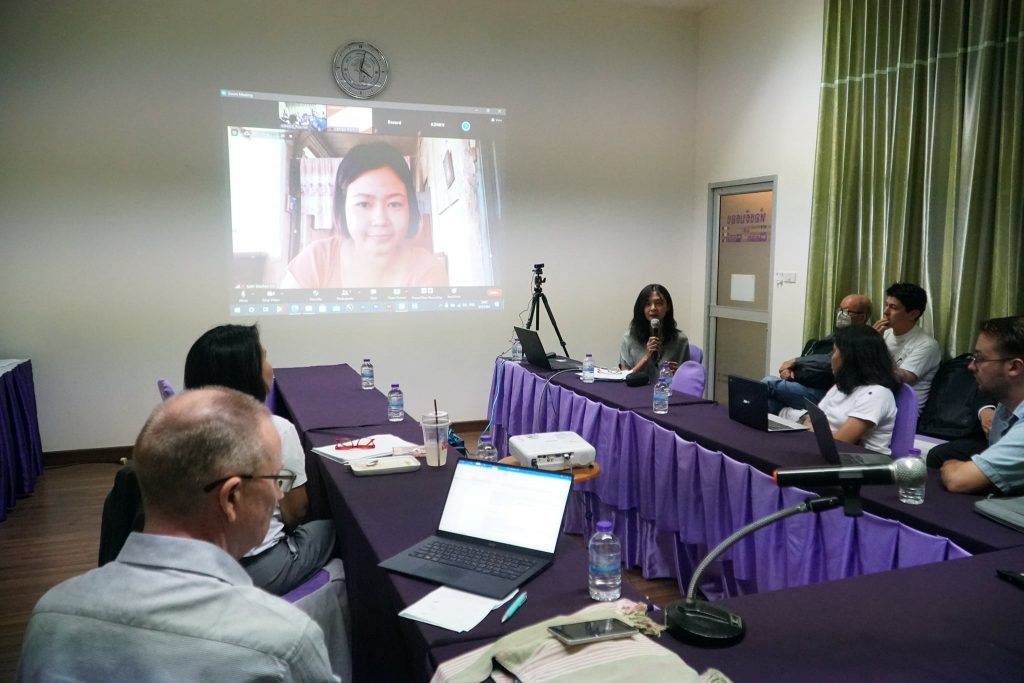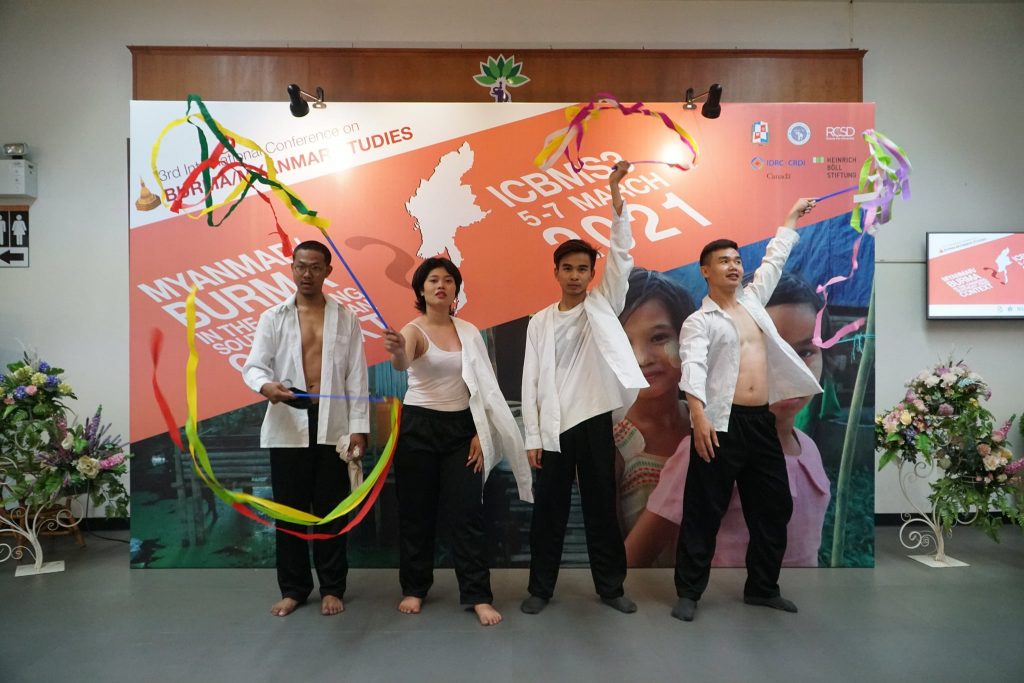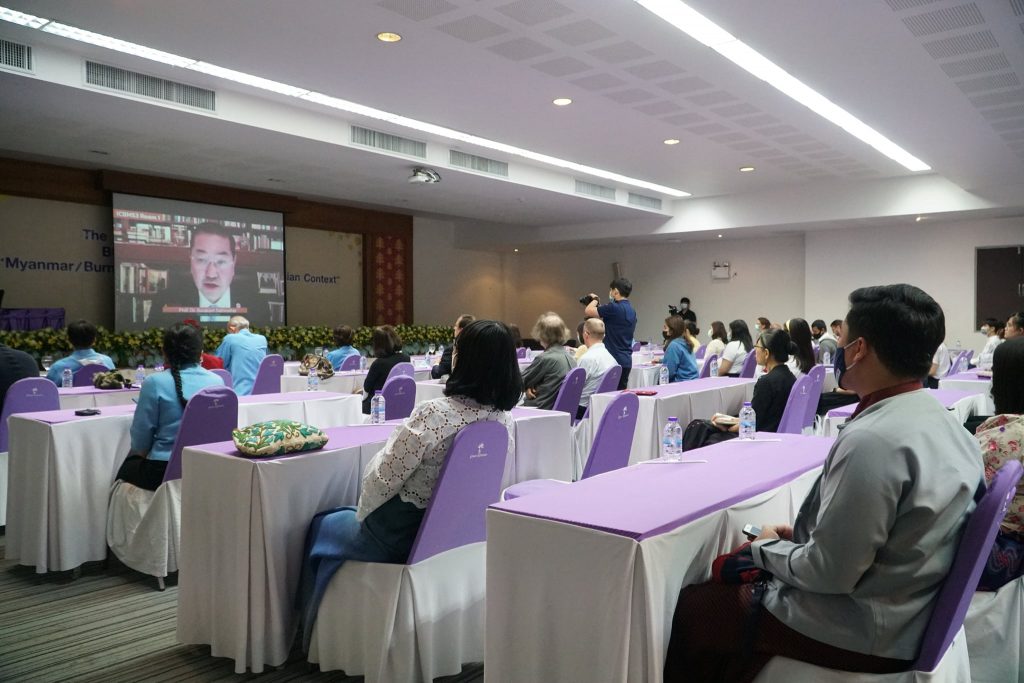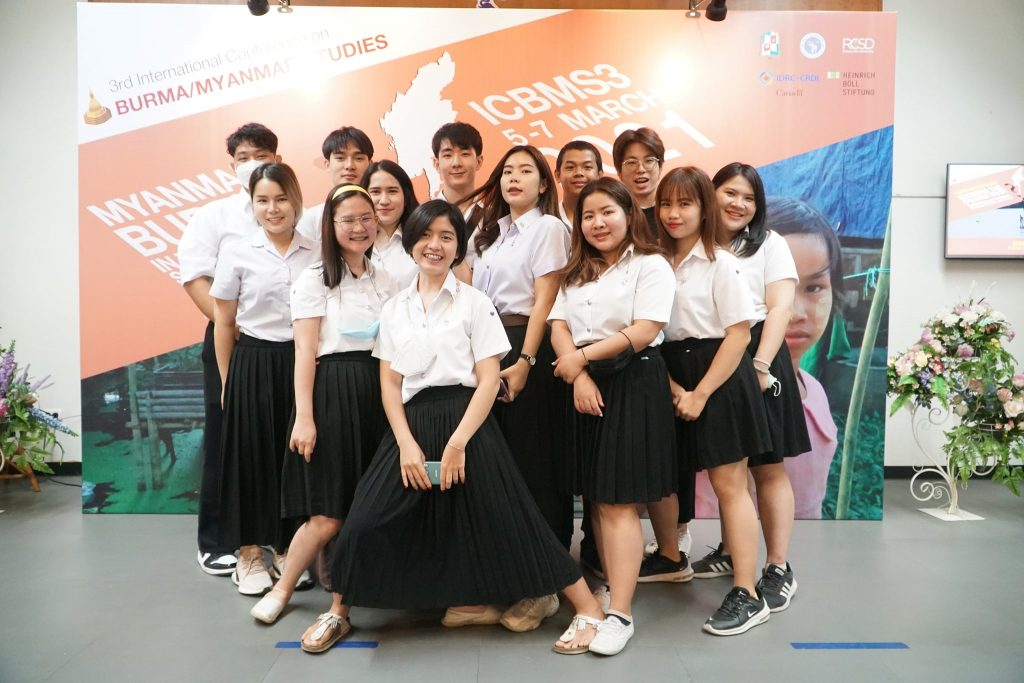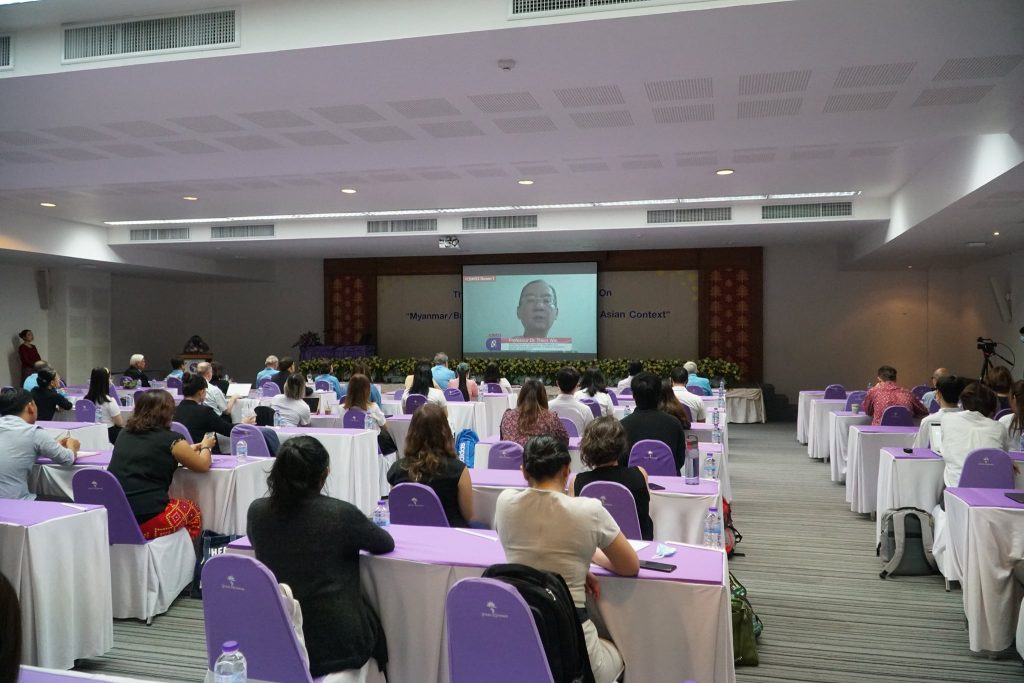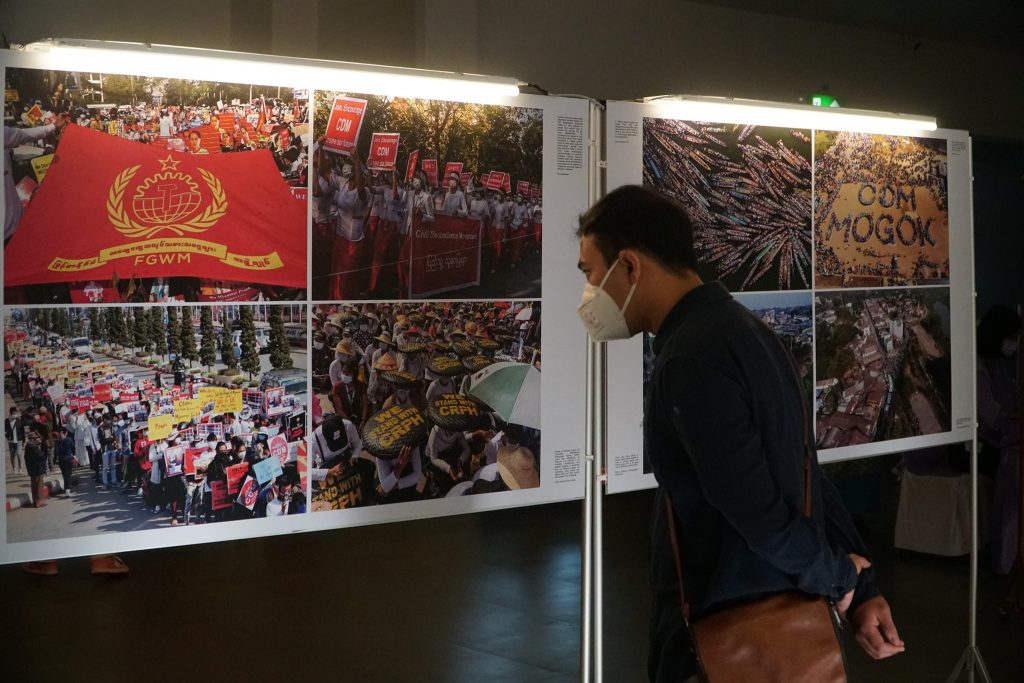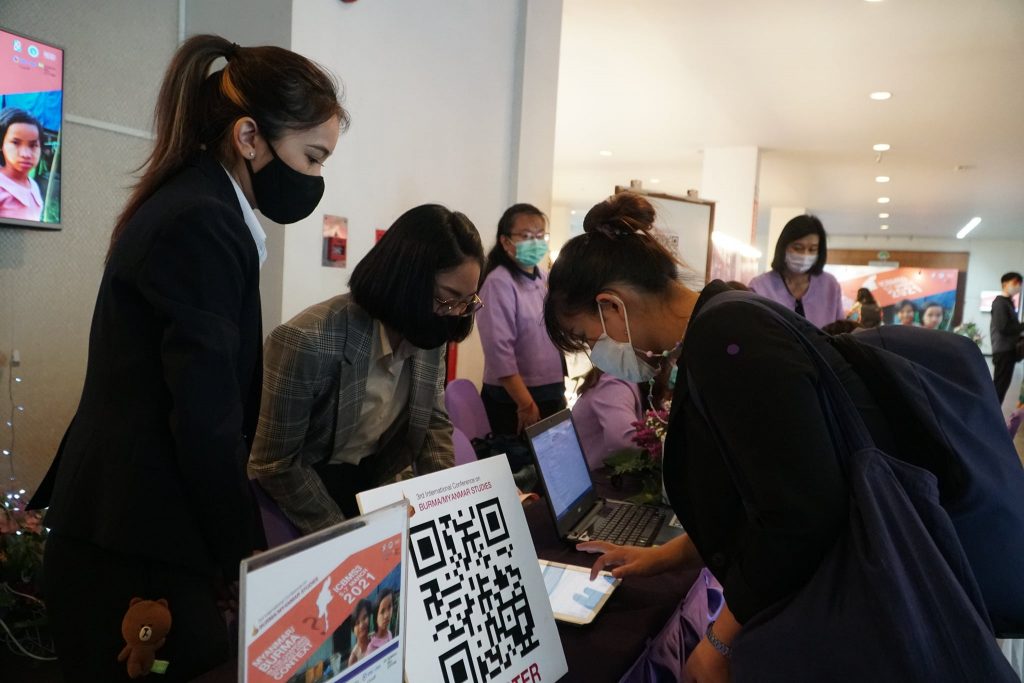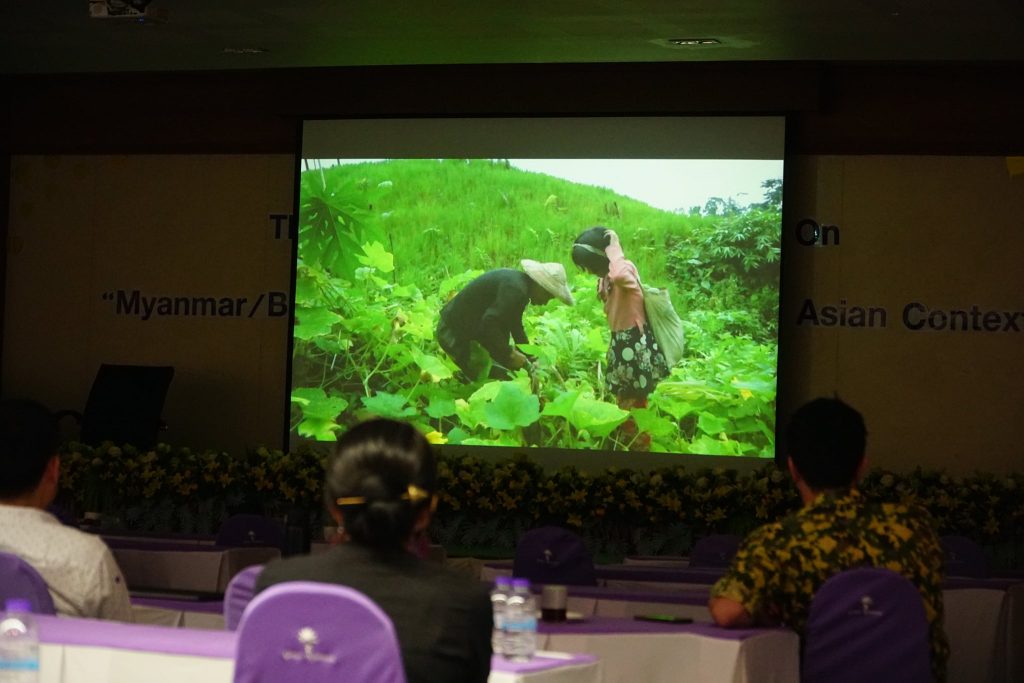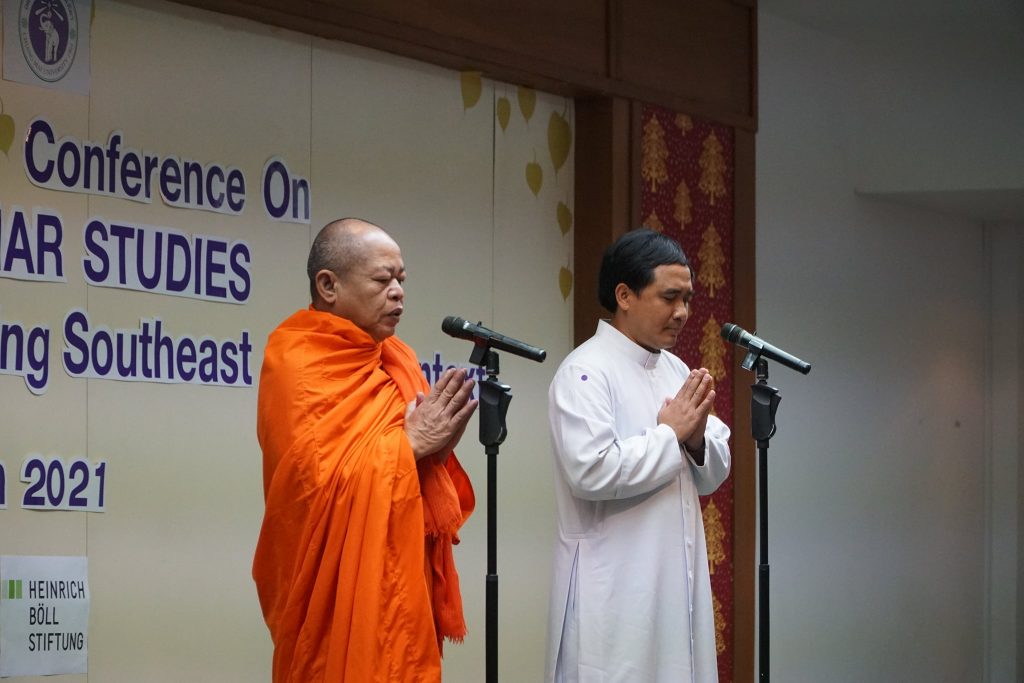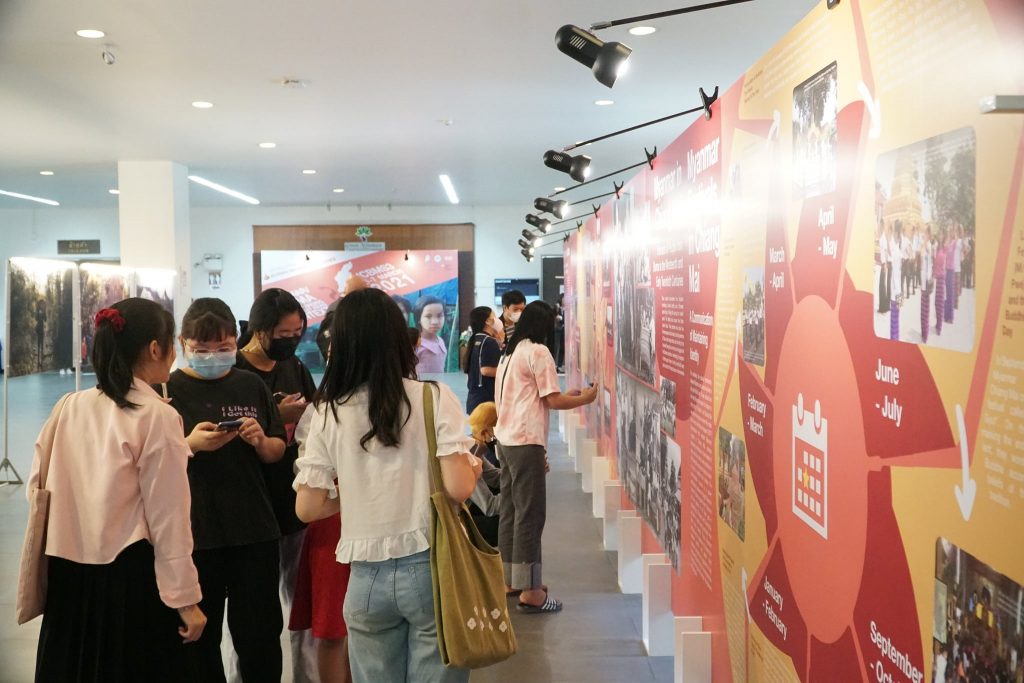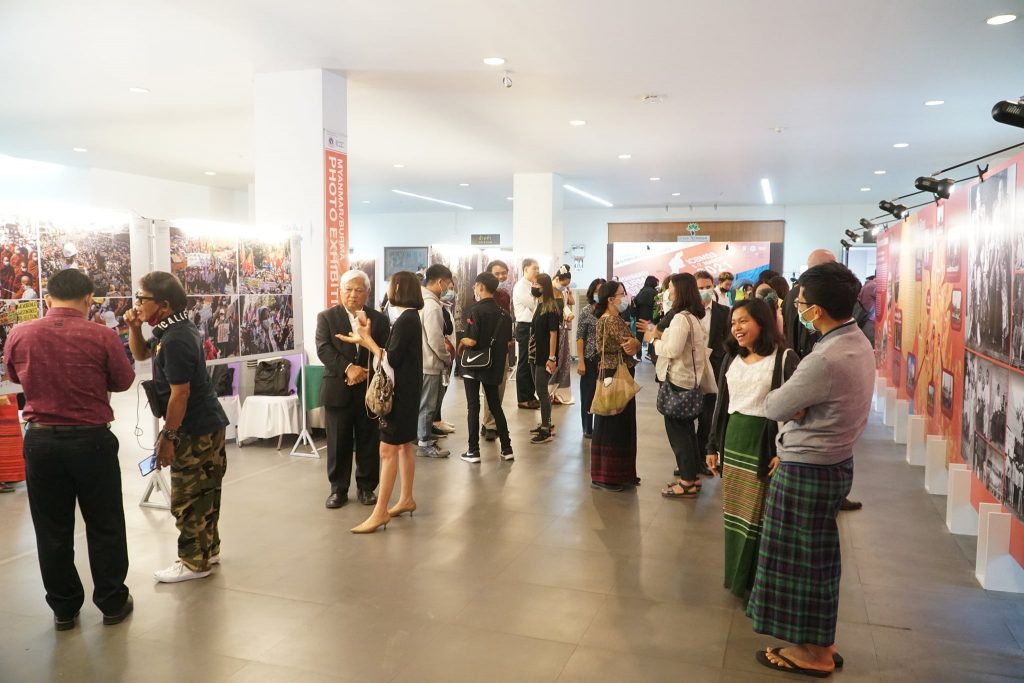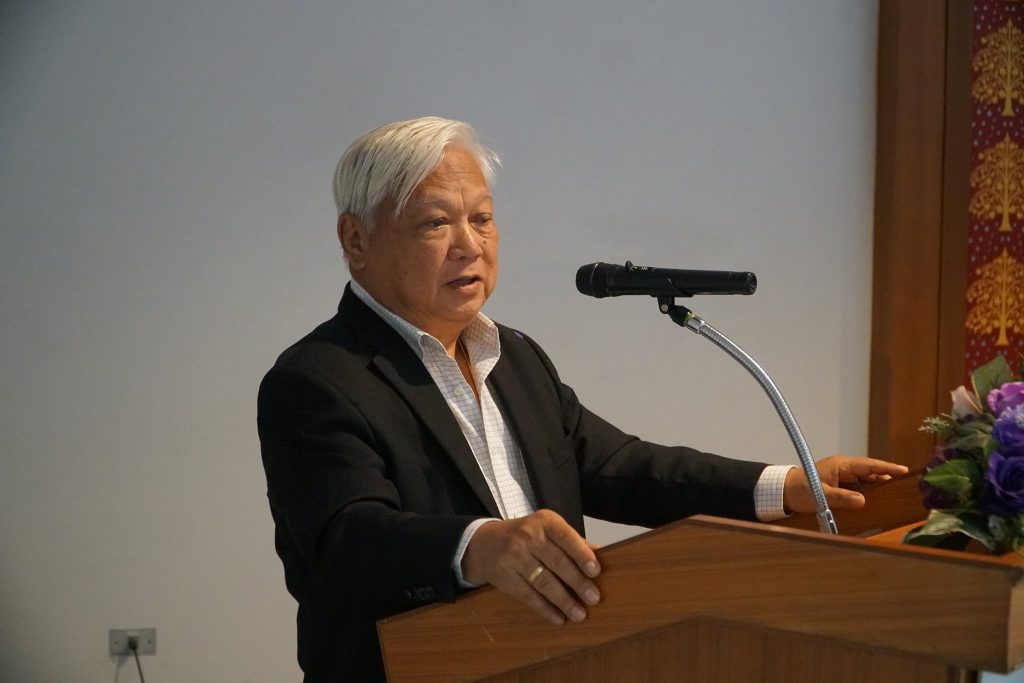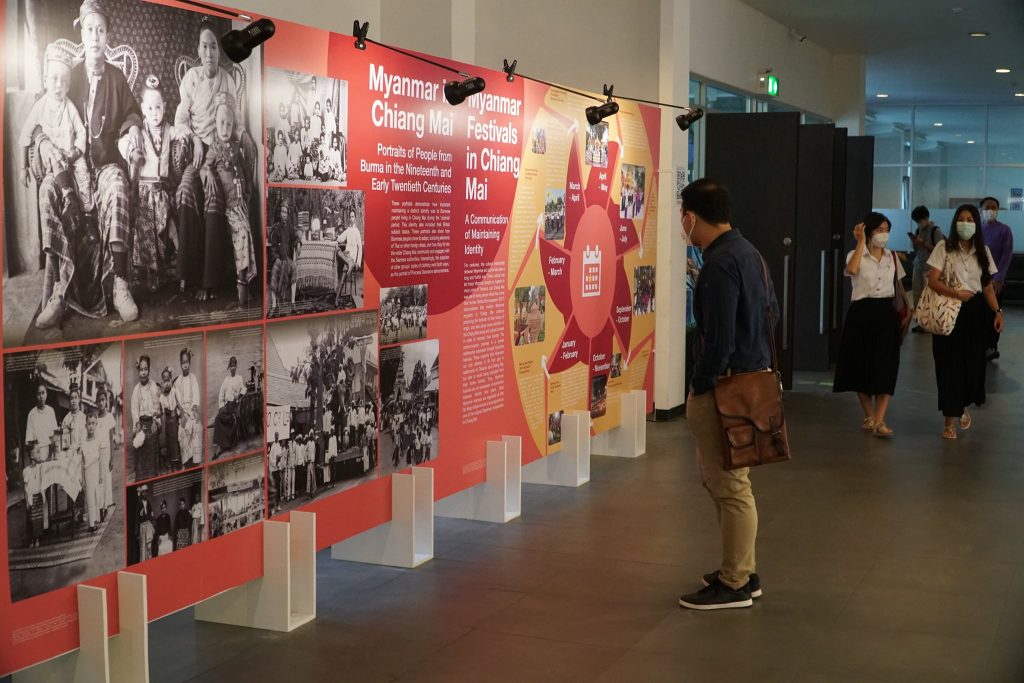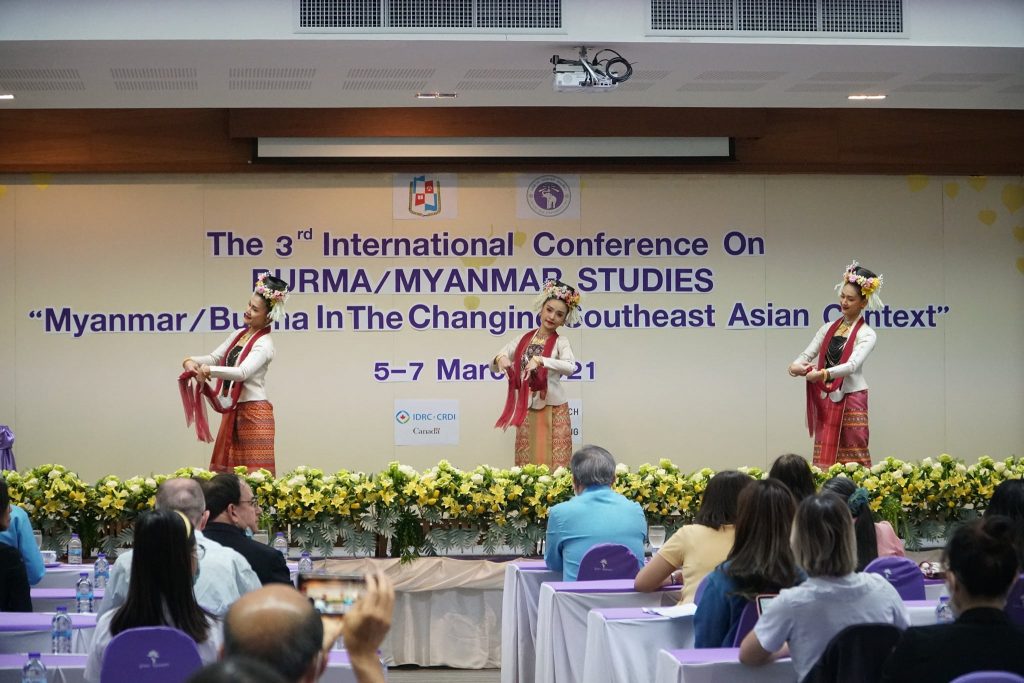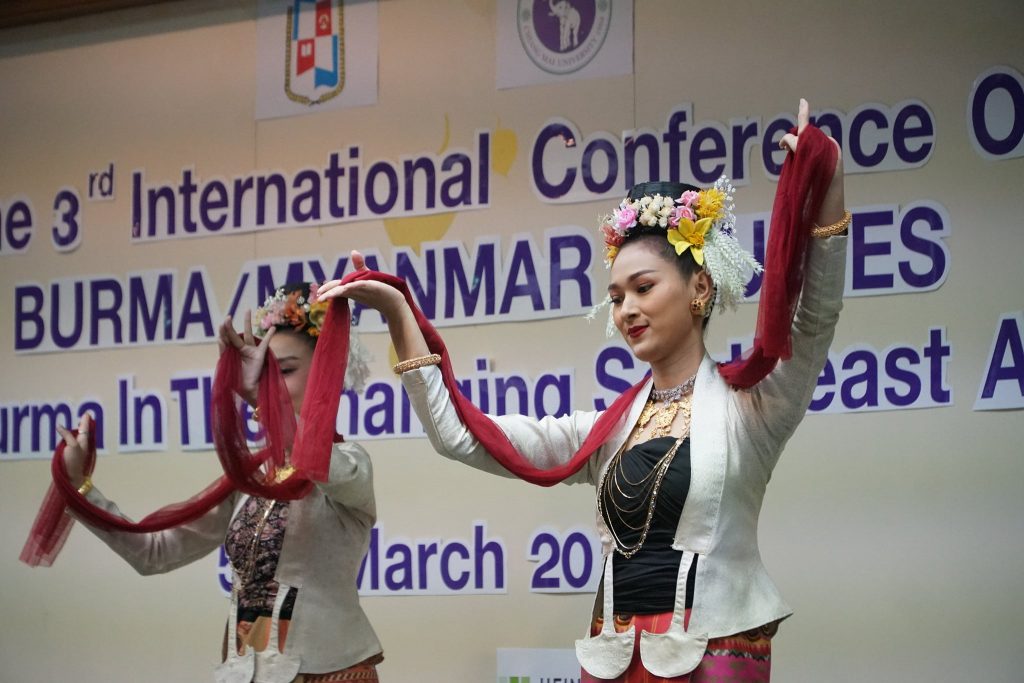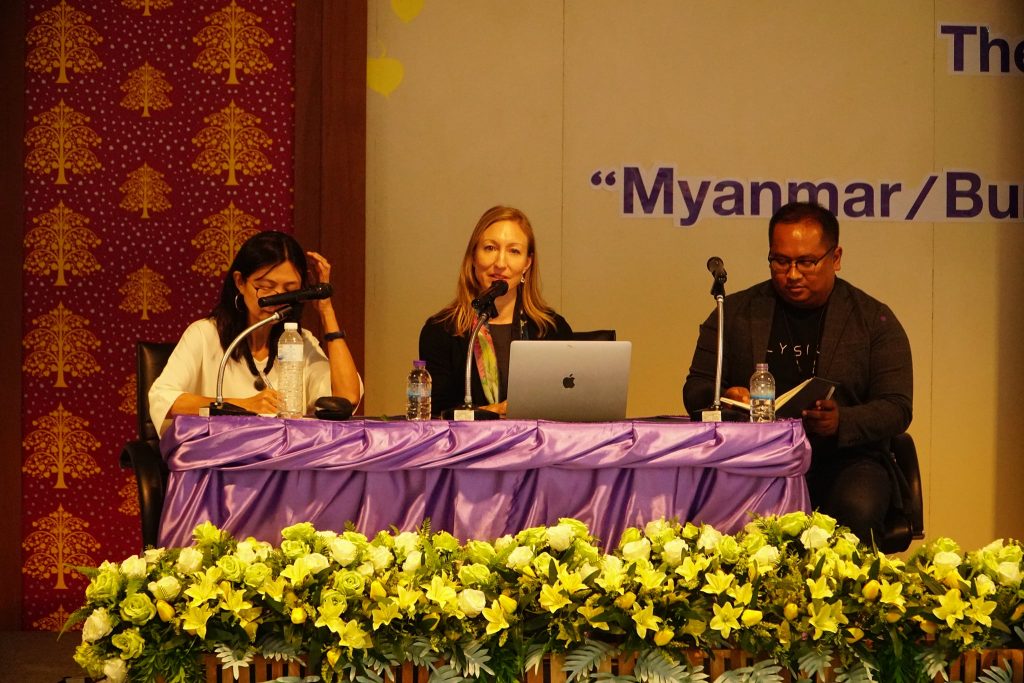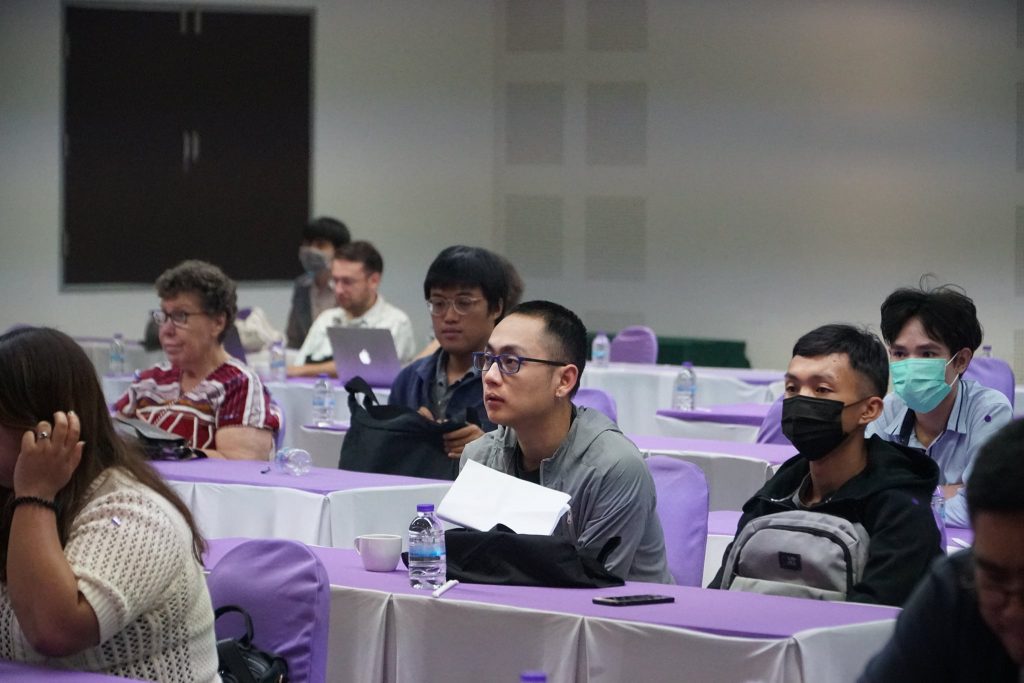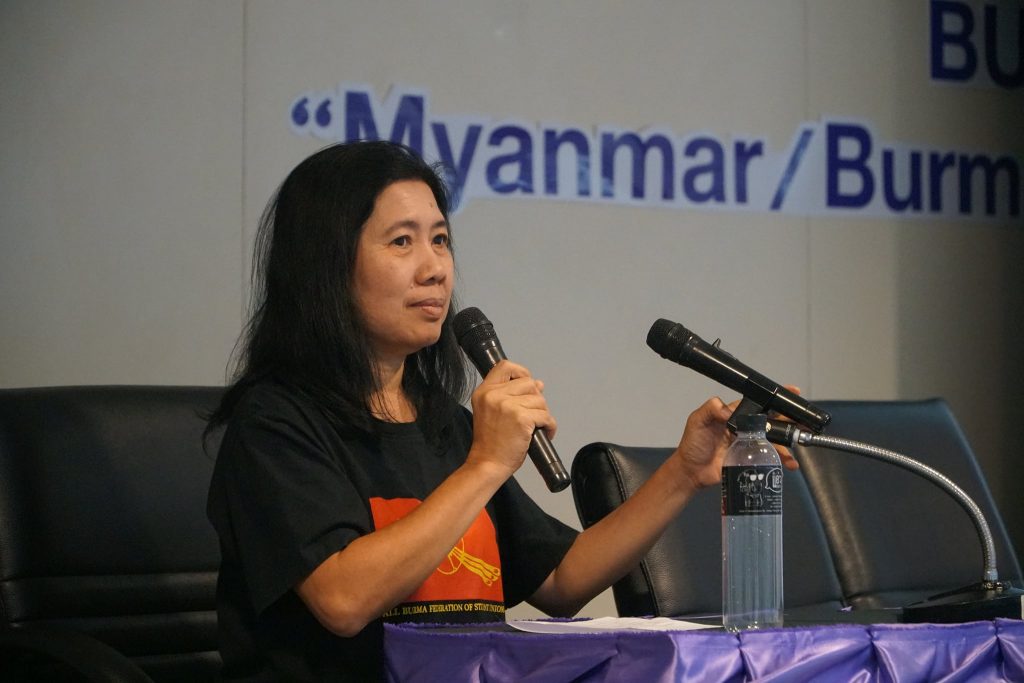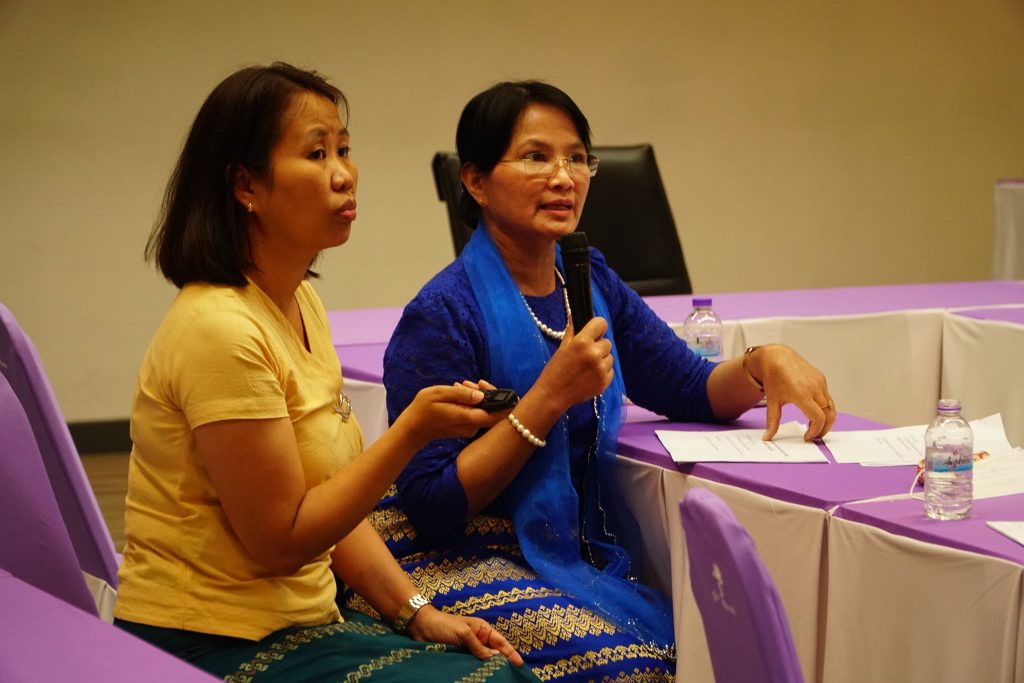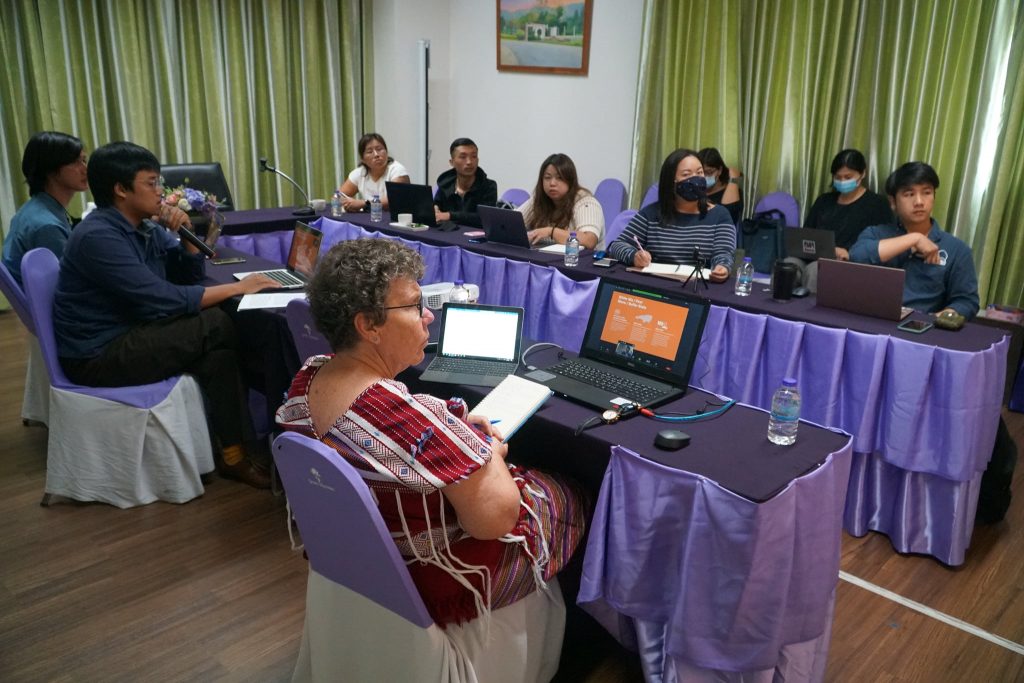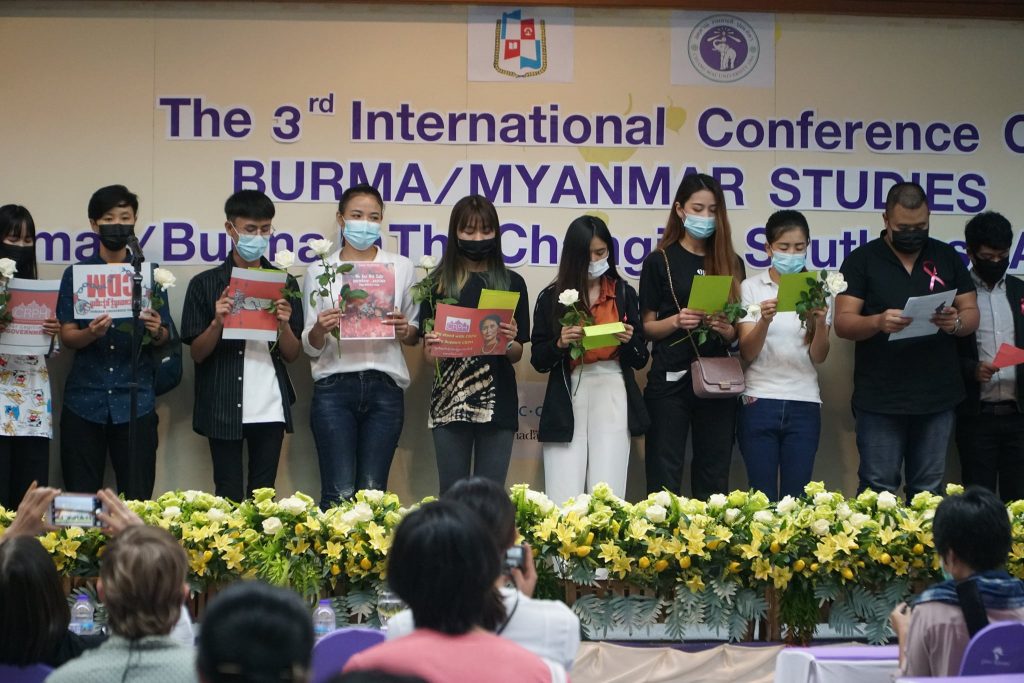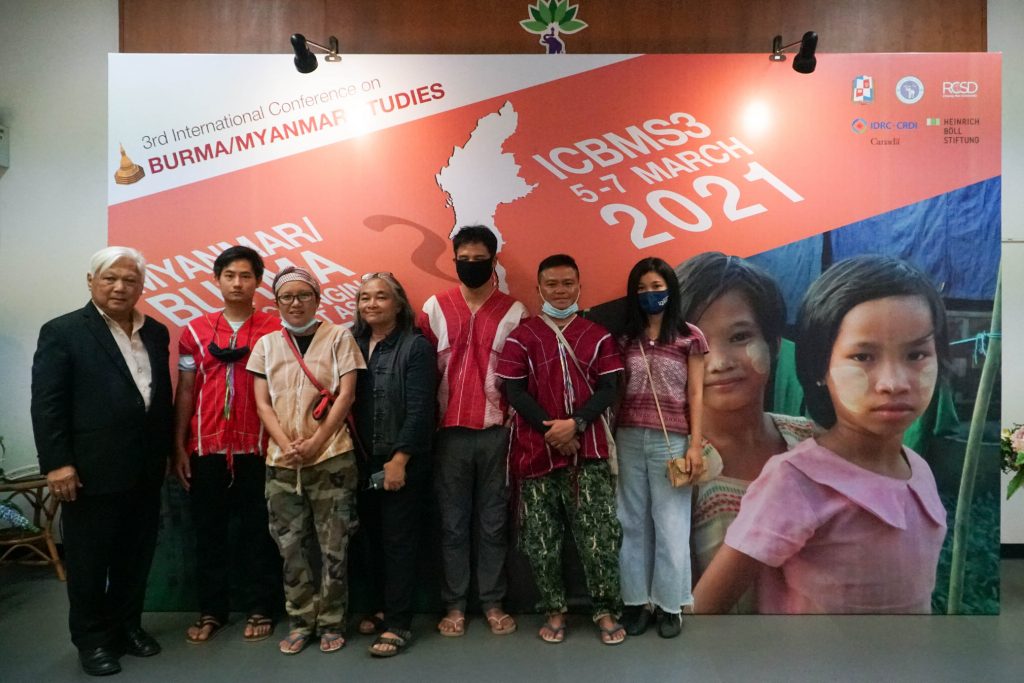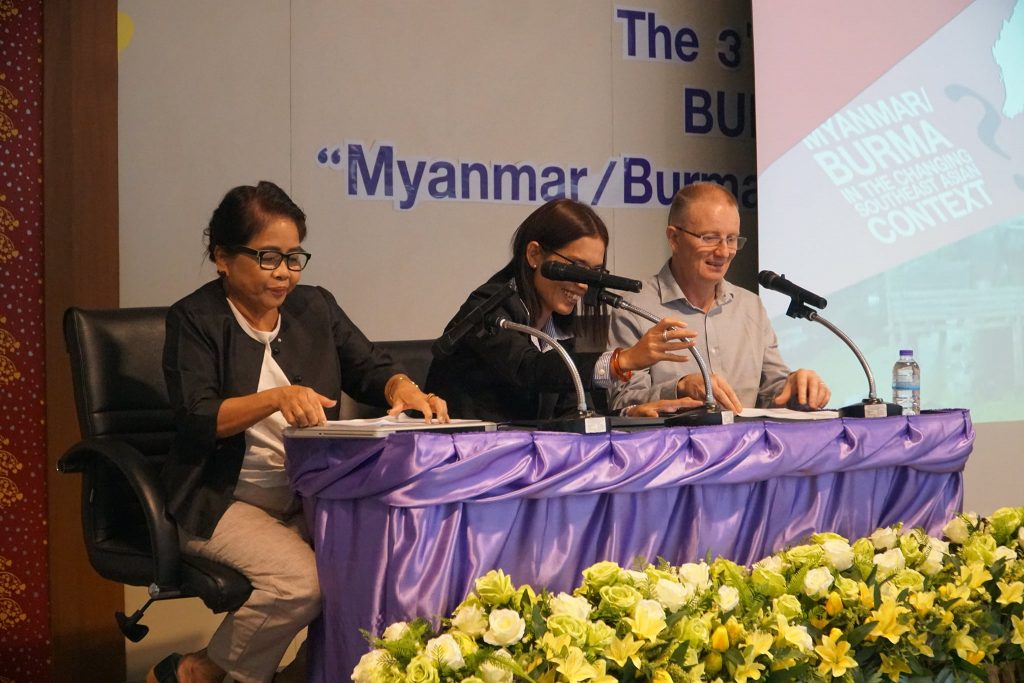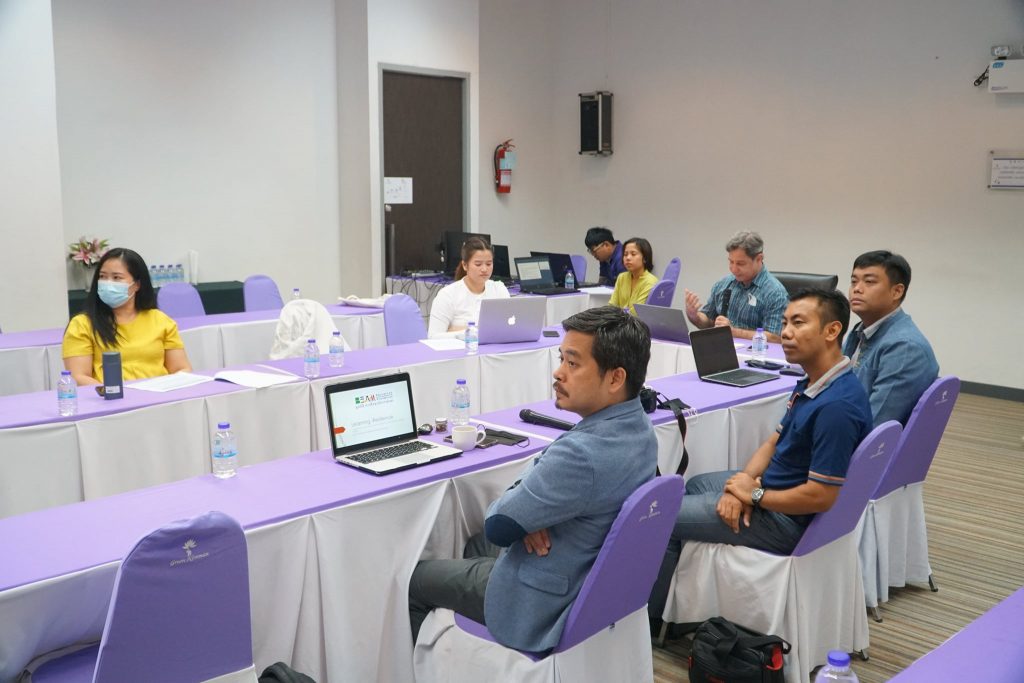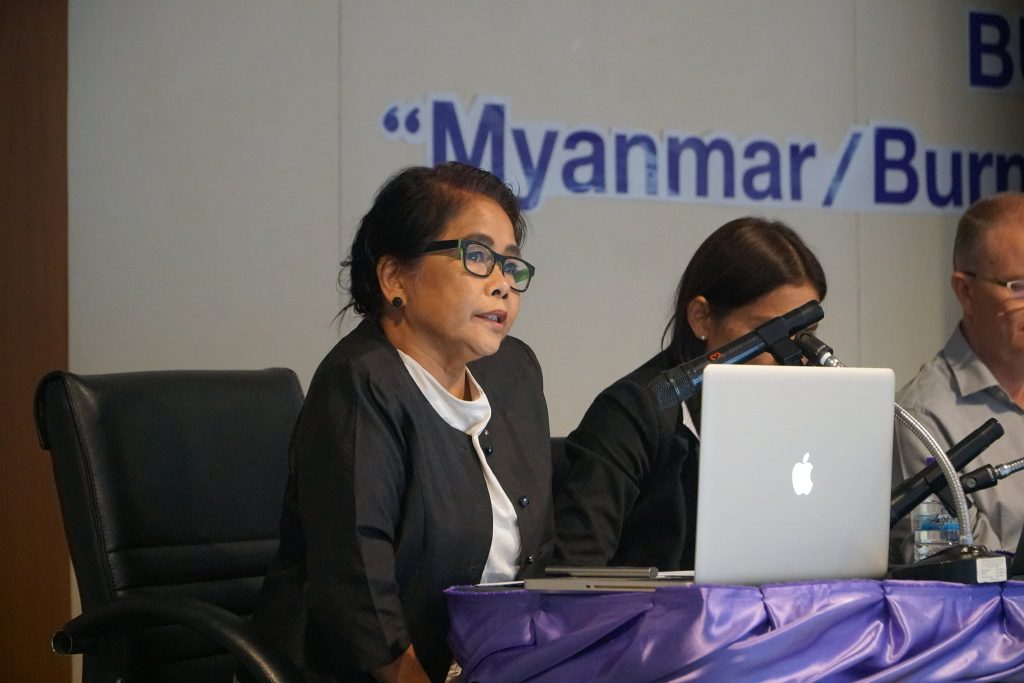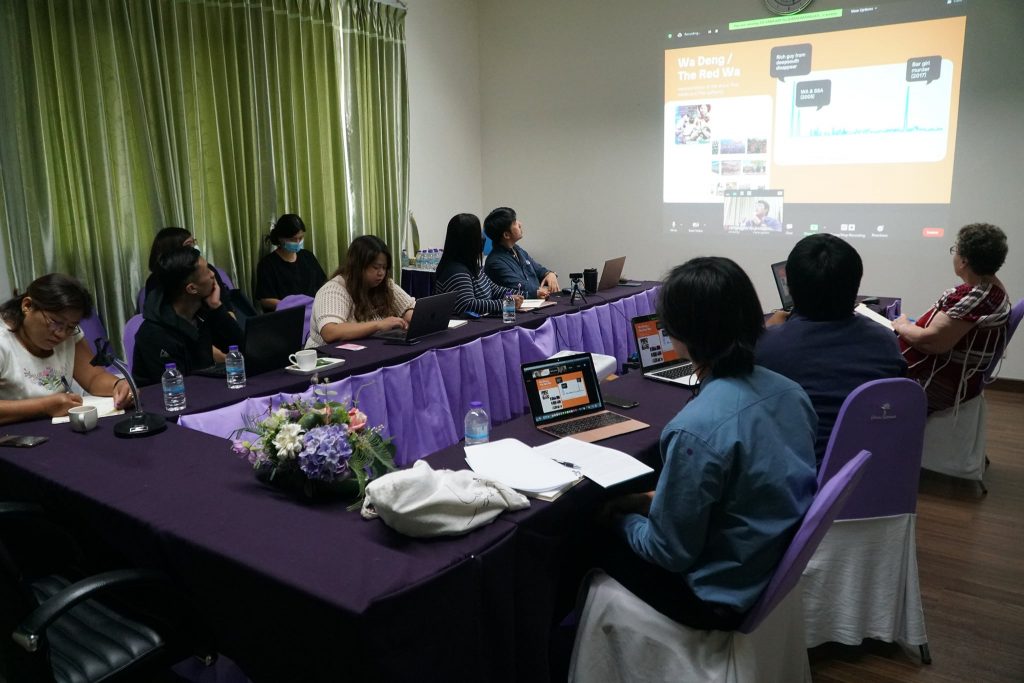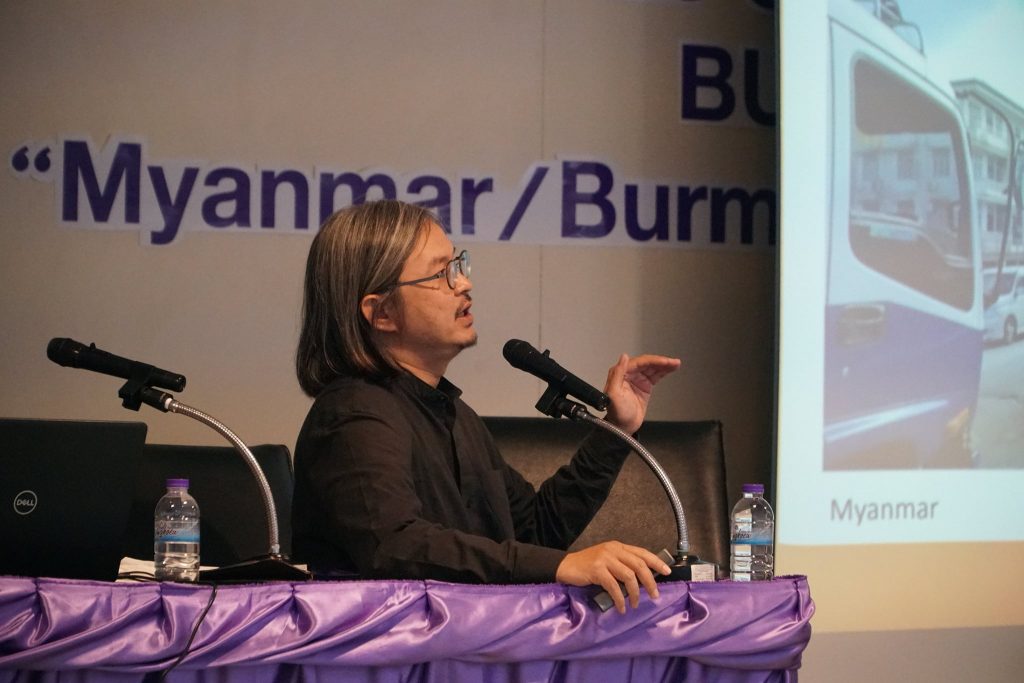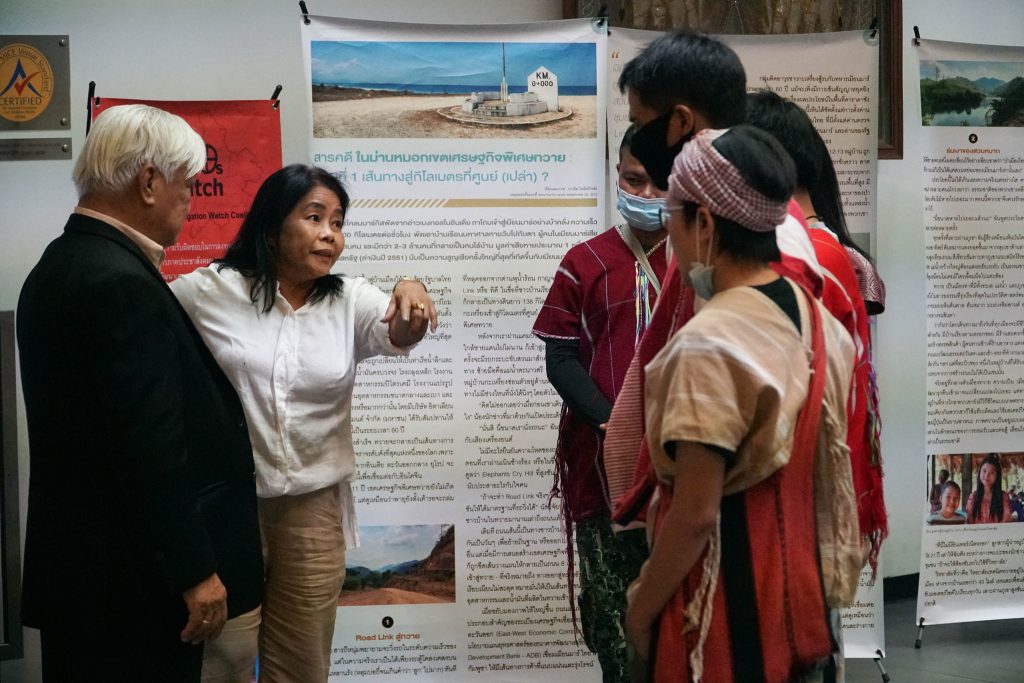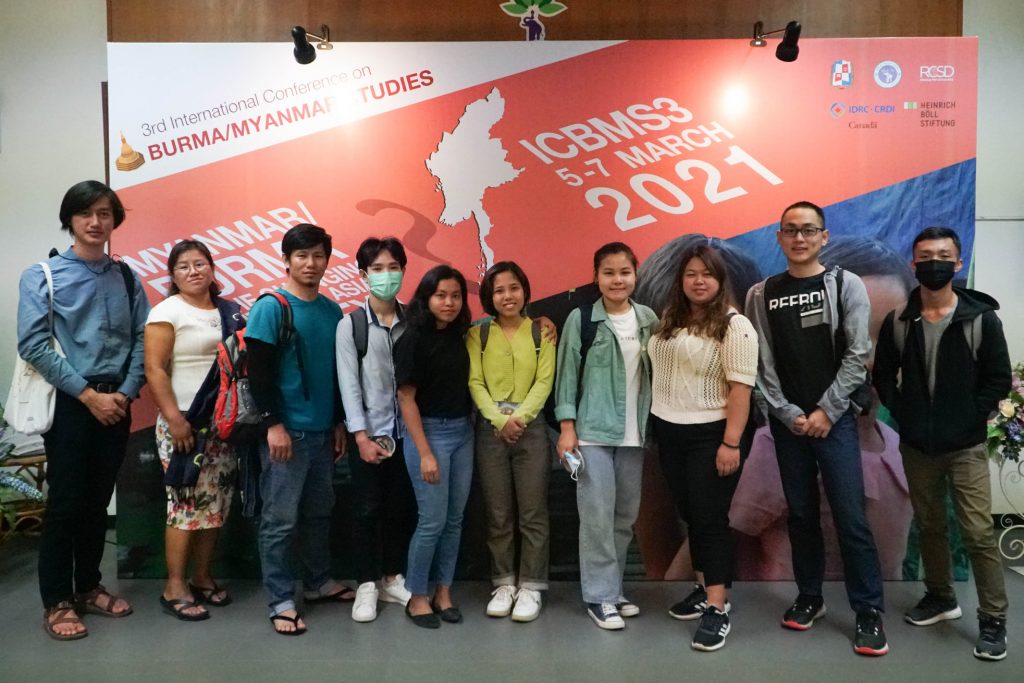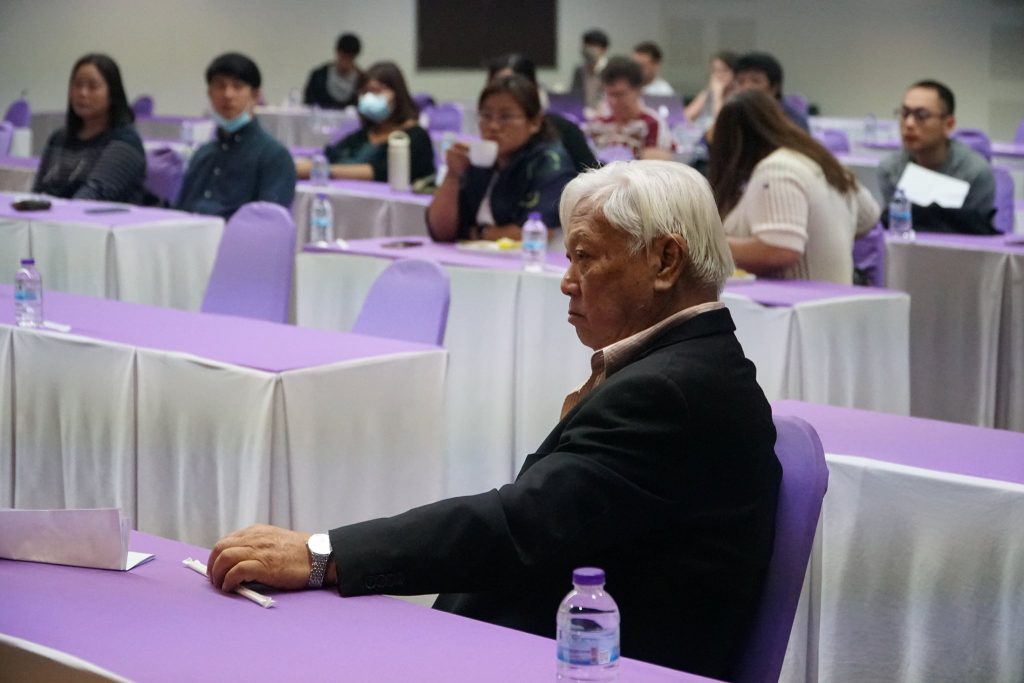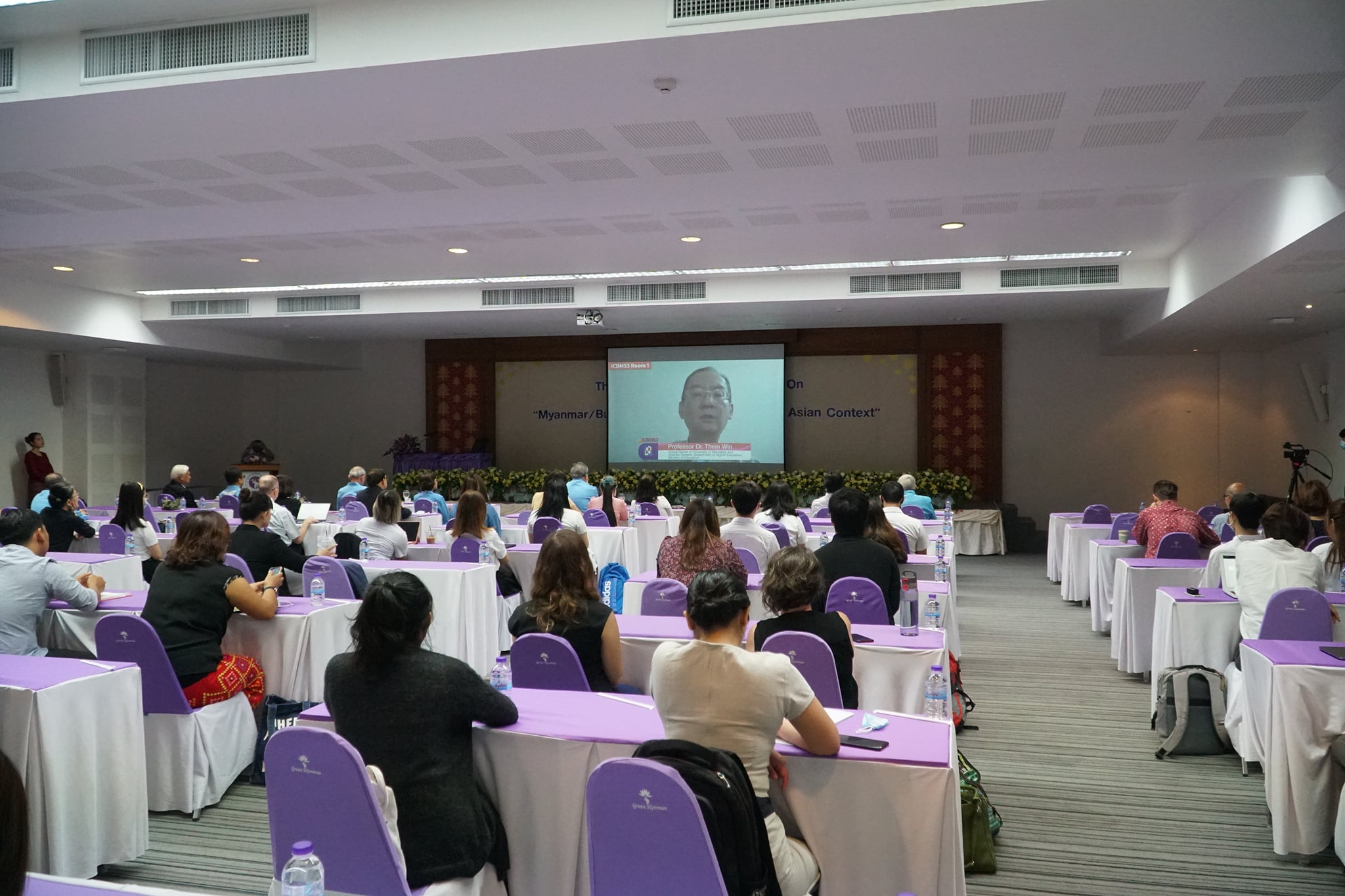The 3rd International Conference on Burma/Myanmar Studies (ICBMS3) titled “Myanmar in the Changing Context of Southeast Asia” is a continuation of ICBMS2, which was held from February 16-18, 2018, at the University of Mandalay, and ICBMS1, which took place from July 24-26, 2015, at Chiang Mai University. These two universities alternate as hosts for the conference. What sets ICBMS apart is its mission to encourage Myanmar scholars from various fields to engage with the international academic community, fostering the exchange of research ideas while keeping abreast of the dynamic economic, political, social, cultural, and environmental changes in Myanmar, within the ever-shifting regional and global context.
ICBMS3 was in the end successfully organized despite the daunting challenges it faced due to the COVID-19 pandemic and a coup d’état. The initial and subsequent waves of COVID-19 restricted the mobility of Myanmar and international scholars, hampering their ability to update field data and research papers. Moreover, face-to-face interactions among participants were disrupted. In the hope of an improved situation, the ICBMS3 committee rescheduled the conference from October 24-25, 2020, to March 5-7, 2021. Nevertheless, due to the unpredictable nature of the pandemic’s recovery, the conference organizers decided to adopt a hybrid format, offering both onsite participation at Chiang Mai University and online access via Zoom meetings.
Additionally, the coup that occurred just one month before the conference further disrupted proceedings. Myanmar and international scholars whose panels focused on political issues withdrew their papers and panels. Maintaining the spirit of ICBMS while supporting the Myanmar people in their pursuit of democracy presented a significant challenge.
ICBMS3 had 391 participants, 46% men and 54% women from over 30 countries. Of the participants, 32% were Thai, 20% European, 9% US and Canadian, and 6% from East Asia. The conference featured keynote speeches, plenary sessions, panel sessions for paper presentations, roundtables, and special events including exhibitions, film screenings, book launches, and discussions. There were twenty-one panel sessions with approximately 80 paper presentations.
Despite losing nearly 50% of panel proposals and 80% of papers due to the February 1, 2021 coup, key themes persisted, focusing on Myanmar politics, governance, migration, economic development, and more. The papers at ICBMS3 addressed eight themes:
- Economic Development, Transnational Investment & East Asia Power
- Peace Process, Ethnic Inclusion/Exclusion, & Governance
- Migration, Migrant Workers, and Borderlands
- Agrarian Transformation, Climate Change, and Resource Management
- Education, Mother Tongue Language Education & Language
- Popular Religion, Religion, and Harmony
- Urban Space, Inequality & Social Movements
- Food, Health & Inequality
- History & Social Memory
Despite all of the obstacles, and especially the day to day changes on the ground of the political situation inside Myanmar, the conference was successfully held, offering a platform for both onsite and online participants to exchange, interact, and forge new networks and connections, which may prove to be especially important as Myanmar moves into a future of grave social, economic, and political uncertainty.
